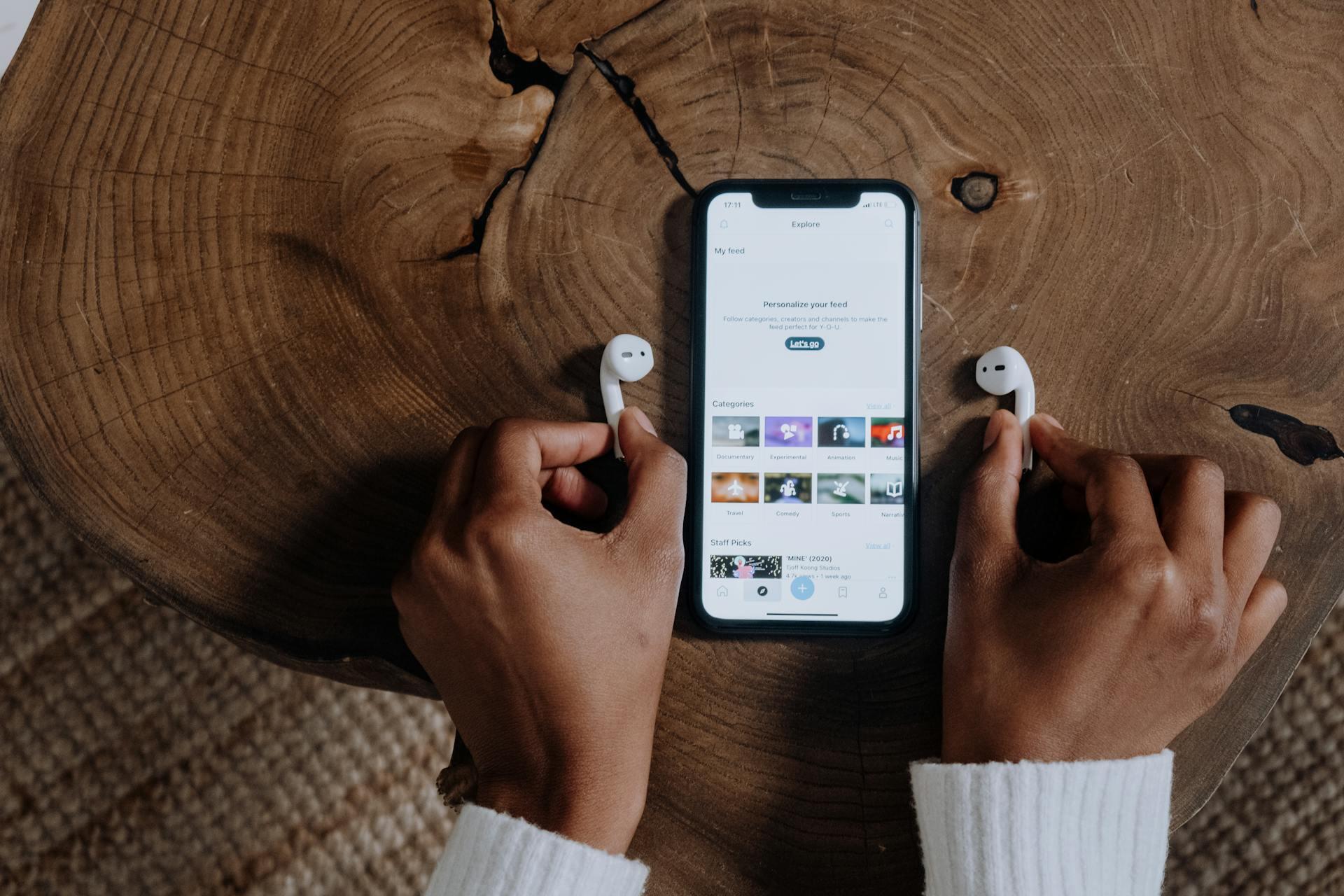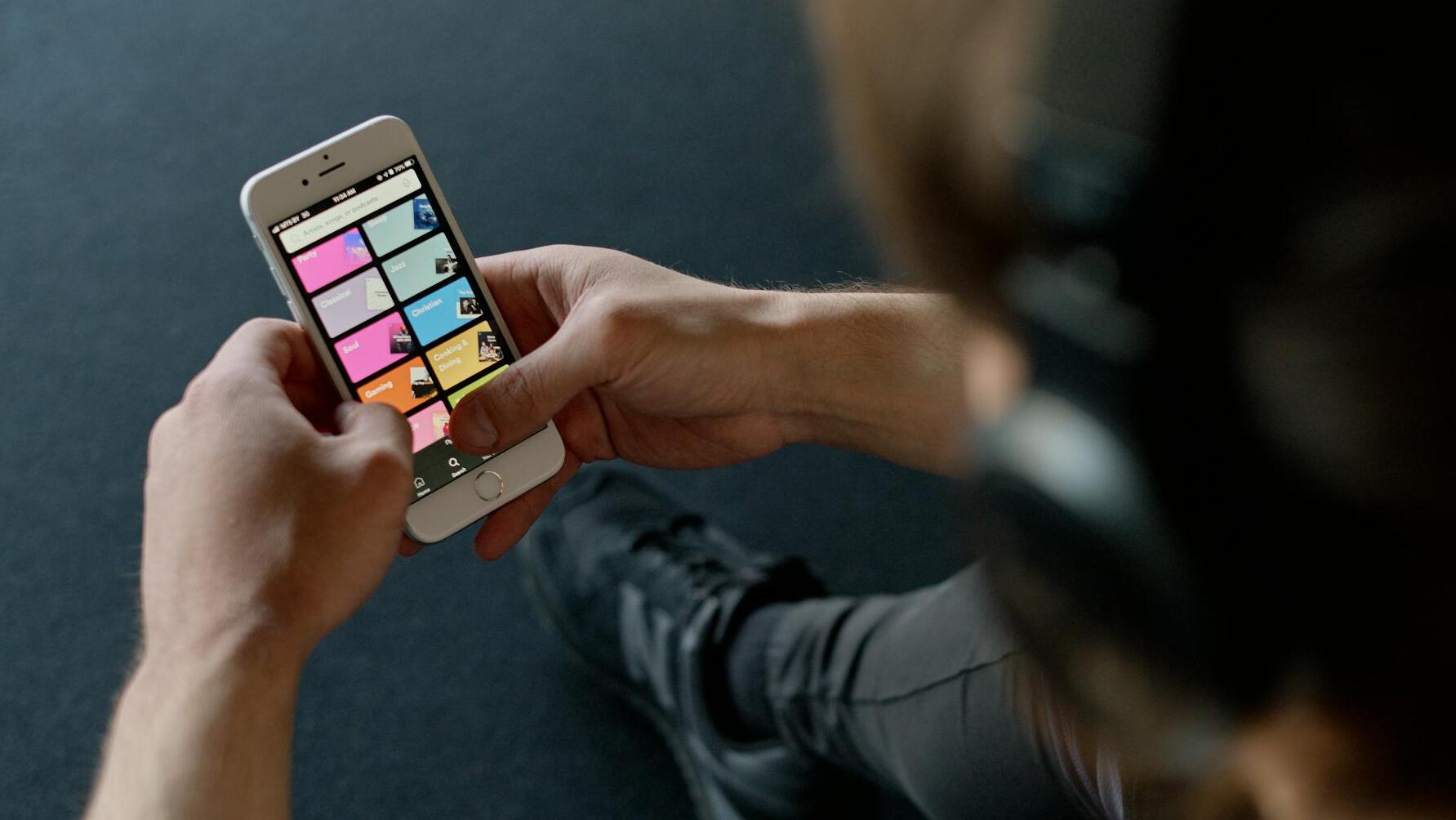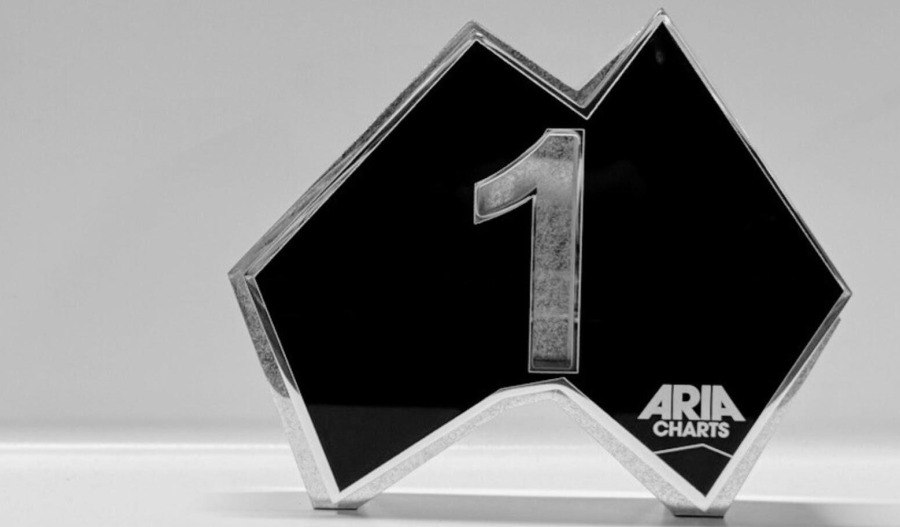Have you ever wondered whether a song you found on a streaming service was created by artificial intelligence? Soon, you may not have to.
Some music streaming services, including Spotify and Deezer, have recently committed to labelling AI-generated songs amid a major increase in AI music being uploaded to their platforms. These uploads are usually made by unknown creators using generative AI tools like Suno and Udio.
Global on-demand song streams rose 10.3% year-over-year to 2.5 trillion in the first half of 2025, according to a Luminate report. Worldwide music streaming revenues reached a record US$20.4 billion last year.
Which streaming services are labelling AI-generated music?
Spotify and Deezer have both committed to labelling AI-generated music on their platforms, though their approaches to identifying these songs will differ.
Spotify is helping to develop a voluntary disclosure standard alongside digital music standards nonprofit DDEX, the company said in September. Under the program, record labels and distributors will provide information on which aspects of a song were AI-generated, which will then be displayed on Spotify.
The platform has also said it will soon add a filter that will tag artists uploading spam and remove them from its recommendation algorithm, and begin removing songs that impersonate an artist’s voice without authorisation. Spotify declined to comment beyond its press release.
Deezer, meanwhile, has introduced an AI detection tool that looks for indications in a song’s audio signal that it was AI-generated. The company began developing the detection tool two years ago, and launched it in June. Its equations “allow us to understand these patterns that are very specific, and that do not appear in music that is recorded or synthesised by traditional means,” Deezer research and development head Manuel Moussallam told Azzet.
Music detected as AI-generated is also removed from Deezer’s recommendation algorithm.
ROKK, a smaller streaming service focusing on rock and metal, announced in July that it would delete songs that were primarily AI-generated. “It’s one thing if someone uses technology as part of their creative process,” said ROKK co-founder Alexander Landenburg. “But we draw the line when AI is used to create entire ‘artists’ or ‘bands’ that are completely artificial yet passed off as human.”
According to ROKK, users can report music they believe to be AI-generated, and human moderators will review these songs to determine whether they should be removed.
Apple Music and Amazon Music, which hold the second and third-largest market share in the U.S. after Spotify, do not appear to have any policies requiring the disclosure of AI-generated music. Azzet has contacted Apple and Amazon for clarification.
YouTube requires uploaders to disclose AI-generated content that appears realistic and recently launched a system to detect AI-generated facial likenesses, a YouTube spokesperson told Azzet. “We have partnered closely with artists and labels to set the right terms of how AI should empower creativity, and we've introduced cutting-edge technology that allows creators to manage unauthorised digital replicas at scale on YouTube,” the spokesperson said.

Why are these platforms combating AI-generated music now?
The number of AI-generated tracks added to streaming services each day has risen sharply this year, according to these platforms.
In September, Deezer said it was receiving more than 30,000 fully AI-generated songs each day. This represents over 28% of all music uploaded to the platform on a daily basis, and is a major increase from the 20,000 that were being uploaded each day in June.
According to Deezer, the actual number is likely higher. “It’s an estimation based only on the [AI] models that we can detect,” Moussallam said. “These are 30,000 tracks that we detect, which is probably the most of it, but it's a lower bound on what we receive.”
Spotify said last month that it had removed more than 75 million spam songs over the previous year, many of which were made using AI.
The increase in AI-generated uploads this year is largely due to improvements in technology and the low cost of creating large numbers of songs, Moussallam said.
Industry bodies have also been calling for streaming platforms to label AI-generated music after AI-generated band The Velvet Sundown amassed over 900,000 monthly listeners on Spotify earlier this year. The British Phonographic Industry is “calling on the UK government to protect copyright and introduce new transparency obligations for AI companies so that music rights can be licensed and enforced, as well as calling for the clear labelling of content solely generated by AI,” said chief strategy officer Sophie Jones.
Azzet has contacted the Musicians’ Union of Australia for comment.
Where does AI-generated music come from?
AI music is mainly uploaded by small, lesser-known creators, and often made with generative AI platforms like Suno and Udio.
“It's not coming from renowned labels or from a renowned artist,” said Moussallam. “It's coming from unknown actors who distribute their music through do-it-yourself distributors.” The prompts used to generate these songs are also usually AI-created, he said, and the songs are commonly intended to sound unobtrusive.
According to Moussallam, AI music represents less than 0.5% of all streams on Deezer, and is mainly streamed by bots. “In general, they're not being streamed so much. But when they are streamed, we see a lot of fraudulent activities,” he said.
The AI models used to create these songs may also have been trained on content from streaming platforms.
Suno and Udio are among the largest AI music generators, with Suno’s valuation estimated at US$500 million in 2024. These platforms are currently being sued by the three biggest record labels — Universal Music Group, Warner Music Group, and Sony Music — for allegedly training their models on these labels’ music without permission.
Last month, these labels also added piracy claims to their lawsuit, saying Suno and Udio had illegally copied massive amounts of copyrighted music from streaming platforms like YouTube and Spotify to train AI models.



